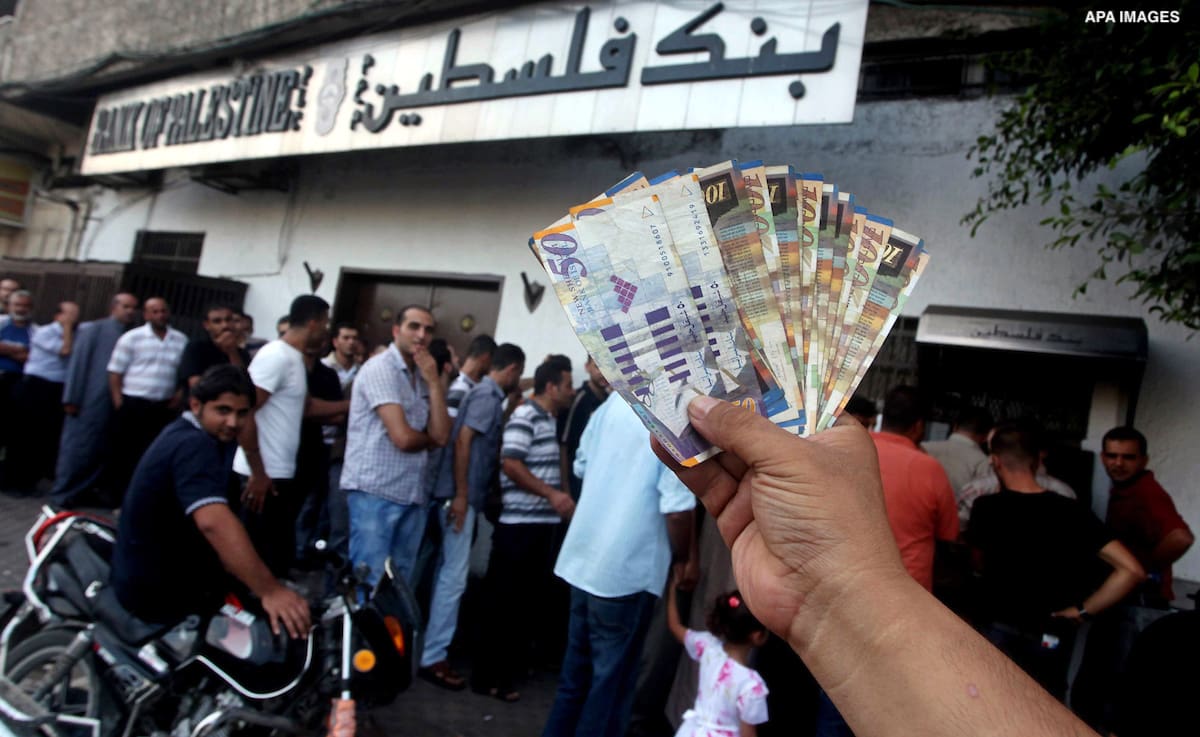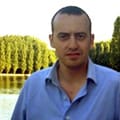
Al-Shabaka Policy Member Tareq Sadeq is a Palestinian refugee from the village of Majdal Sadeq near Jaffa and currently lives in Ramallah. Tareq holds a Ph.D in economics from the University of Evry Val d’Essonne in France, where he was engaged in the Palestine solidarity movement and served as head of the General Union of Palestinian Students (GUPS). Currently, Tareq is assistant professor in the Department of Economics at Birzeit University. He has published on monetary policy, macroeconomics, econometrics, labour economics, income inequalities, and entrepreneurship. He is also a researcher in Palestine’s Global Entrepreneurship Monitor (GEM).
A new and democratic legislative council would require freeing the Palestinian economy from that of Israel’s. It would require adopting a participatory and transparent approach in the preparation of the annual general budget, and it would necessitate distribution of financial resources in accordance with the needs and aspirations of the Palestinian people.
Further analysis on this intersection is not available at this time.









